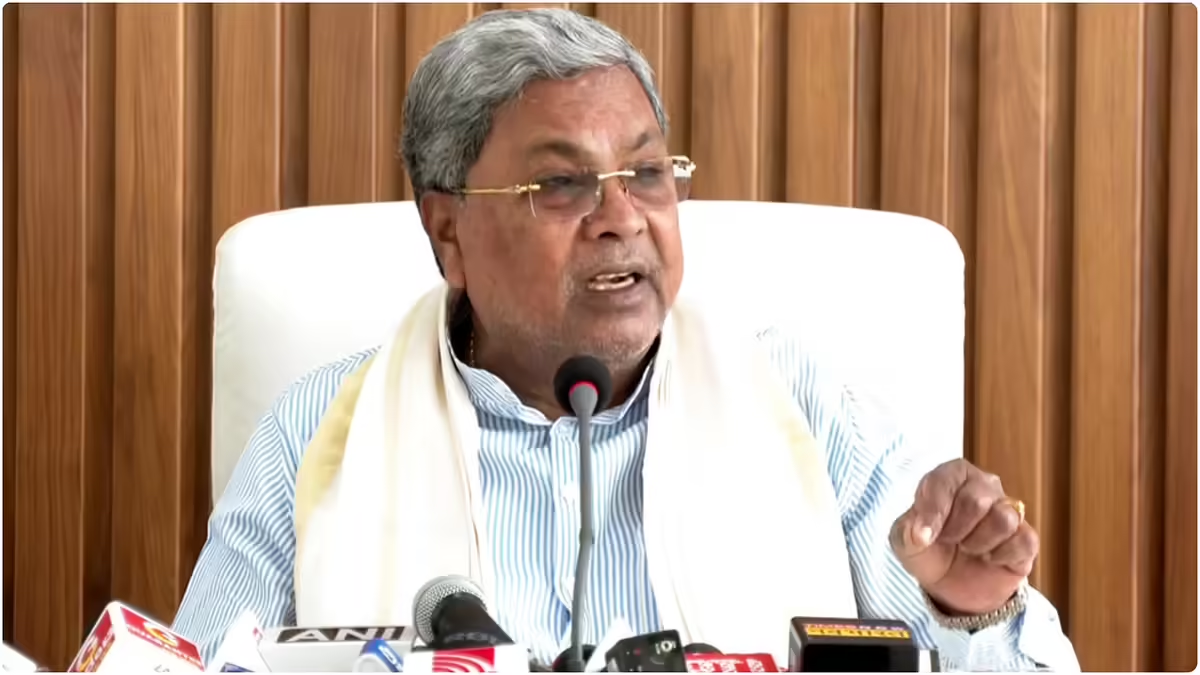The Supreme Court gave an important decision on Friday. The Supreme Court said that breaking the marriage or refusing to do so cannot be considered as incitement to suicide. A person may become emotionally distressed when a marriage is refused or a promise is broken. If he gives up his life then how can any other person be held responsible for it? The court was hearing the Karnataka case. Karnataka High Court had declared a young man guilty in this case. But the Supreme Court overturned the decision to acquit him. The High Court sentenced the accused to 5 years imprisonment and imposed a fine of Rs 25 thousand. The court on Friday said that broken relationships are emotionally disturbing and if there is no intention to instigate suicide then it does not fall in the category of abetment. A bench of Justice Pankaj Mithal and Justice Ujjwal Bhuyan made this comment in a decision.
The case was heard by the bench of Justices Ujjwal Bhuiyan and Pankaj Mittal. Both judges refused to consider it a criminal case. The court termed this case as a normal breakup case and acquitted the accused. The accused was acquitted during the hearing in the trial court before the case came to the Karnataka High Court. According to the case, a girl had committed suicide in 2007. She was in a relationship with a man named Kamaruddin for 8 years. A 21 year old girl was pressurizing Kamaruddin for marriage. But accused Kamaruddin refused to marry her. The apex court overturned the Karnataka High Court verdict which had convicted Kamaruddin Dastagir Sanadi for the offenses of cheating and abetment of suicide under the IPC. “This is a case of a broken relationship, not criminal conduct,” the judgment said.
physical relationship could not be proved
After this the girl’s mother lodged a police complaint against Kamaruddin. The trial court had acquitted the accused. But the High Court found the accused guilty under sections 417 (fraud) and 306 (abetment of suicide). After which he was sentenced. The young man had appealed against the sentence in the Supreme Court. The Supreme Court said that the girl had physical relations with the accused. This could not be proved. Nor was there any evidence to prove that he forced the girl to die. It is not right to give him any kind of punishment.
What is the whole matter?
The trial court acquitted him of all charges, while the Karnataka High Court, on appeal by the state government, convicted him of cheating and abetment of suicide and sentenced him to five years in prison. The court also imposed a fine of Rs 25 thousand on him. According to the FIR, filed on the mother’s orders, her 21-year-old daughter was in love with the accused for the past eight years and had committed suicide in August 2007 because the accused had refused to fulfill his promise to marry her.
Supreme Court ordered to release 17 pages
Justice Mithal wrote a 17-page judgment on behalf of the bench. The bench analyzed the woman’s two dying declarations and said there was neither any allegation of physical relationship between the couple nor any premeditated act leading to suicide. The judgment therefore emphasized that broken relationships are emotionally distressing but do not automatically amount to criminal acts.
‘It is wrong to hold the accused guilty in such cases’
The Supreme Court said, ‘Even in cases where the victim commits suicide due to cruelty, the courts have always held that discord and differences in domestic life are common in the society and such crimes are largely dependent on mental state. We do. The judgment said there was no evidence to show that the accused had instigated the woman to commit suicide. The court emphasized that refusing to marry even after a long relationship does not amount to provocation.






